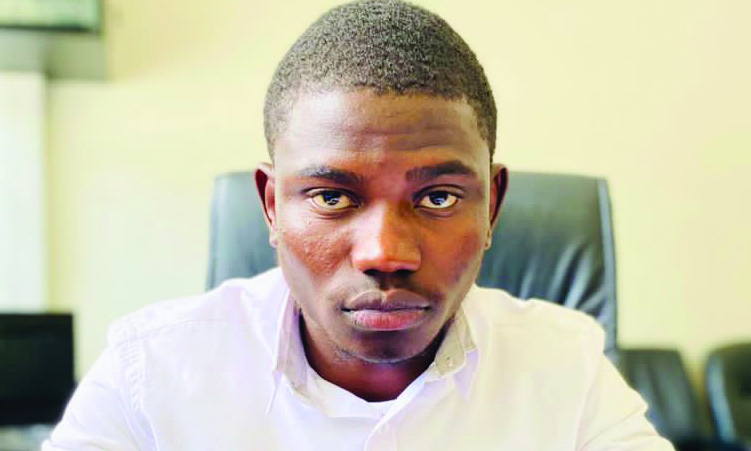From the Namibian perspective, justice should embody the collective pursuit of rectifying societal imbalances, acknowledging historical injustices, and fostering inclusivity for all ethnicities, cultures and backgrounds.
It should stand as a beacon for healing past wounds, ensuring equal opportunities and upholding the dignity and rights of every Namibian.
In the vibrant tapestry of our legal landscape, the pursuit of justice is a fundamental cornerstone of a fair and equitable society.
Behind the façade of legal institutions, a complex narrative unfolds, one where the quest to equal access to justice remains a pivotal concern.
Namibia’s Constitution bolsters equality under article 10, fairness under article 12, while articles 24(3) and 25(2) reinforce the foundation of access to justice.
The principle of inclusivity through affirmative action is solidified in article 23.
POSSIBLE SOLUTIONS
Notwithstanding the comprehensive provisions on access to justice enshrined in the Constitution, several factors impede individual’s effective realisation of their legal rights.
Firstly, a practical example would be the ongoing issue of employees not willing to approach problems affecting them as they are afraid it might get them fired. Another issue is that of contingency fees.
Secondly, many people do not take matters affecting them to court because they don’t have funds to support their representation and, to some extent, because of expensive legal consultations and representation.
As a result, accessibility to justice is only available to the privileged few.
Implementing mobile courts is an innovative approach towards ensuring accessible legal representation and simultaneously educating the people about their rights.
These courts, designed to traverse diverse regions, take justice closer to communities that might otherwise struggle to access legal recourse because of geographical barriers or limited resources.
Mobile courts would provide a platform for individuals to present their cases, seek legal advice and receive representation without having to navigate the complexities of centralised legal systems.
Beyond adjudication, mobile courts serve as an educational forum.
They offer an opportunity for community members to witness legal proceedings firsthand, fostering a better understanding of legal processes, rights, and responsibilities.
Lastly, educating citizens on the duties of the Legal Assistance Centre (LAC).
Educating people about their rights is crucial as it empowers individuals, fosters a fairer society, and strengthens the fabric of democracy.
REGULATING LEGAL FEES
Analysing the average annual income per household in Namibia compared to consultation fees, the difference is way too abnormal for many people to be able to afford legal consultations and representation.
Let’s assume a lowly skilled person earns N$810 a month (Trading Economics, Namibia Living Wage, 2018) and the cost of a legal practitioner is N$700 dollars an hour for a consultation, it literally means that a lowly skilled person does not have enough funds for consultations.
No case can be discussed and finished within an hour.
One viable solution would be to introduce legislation that protects citizens from hefty legal costs (contingency fees or costs).
PUBLIC EDUCATION
Legal aid remains an elusive concept for many until that pressing moment when the need for representation arises, and the barriers to affording legal counsel become starkly evident as the procedures and processes are also complicated.
The centralised presence of institutions such as the LAC in Windhoek is an example of geographical constraints that hinder accessible legal support for individuals in the regions.
This leaves many unaware and unprepared for navigating their legal challenges until dire circumstances strike.
In conclusion, the Namibian perspective on justice highlights the pressing challenges within the legal system, including barriers to access, financial constraints, and limited public awareness.
Proposed solutions, such as introducing mobile courts, regulating legal fees, and comprehensive public legal education, aim to transform the legal landscape into a more inclusive and equitable framework.
They not only address geographical constraints but empower citizens with legal literacy, fostering a fairer society.
Additionally, the call to decentralise legal support through institutions like the LAC signifies a commitment to reaching all corners of Namibia.
A commitment to justice is not just a legal obligation but a testament to the nation’s dedication to equality, and the protection of fundamental human rights.
- Smith Kubunsila is a student pursuing law at the University of Namibia and a legal intern at the ministry of justice. This article is written in his personal capacity.
Stay informed with The Namibian – your source for credible journalism. Get in-depth reporting and opinions for
only N$85 a month. Invest in journalism, invest in democracy –
Subscribe Now!






